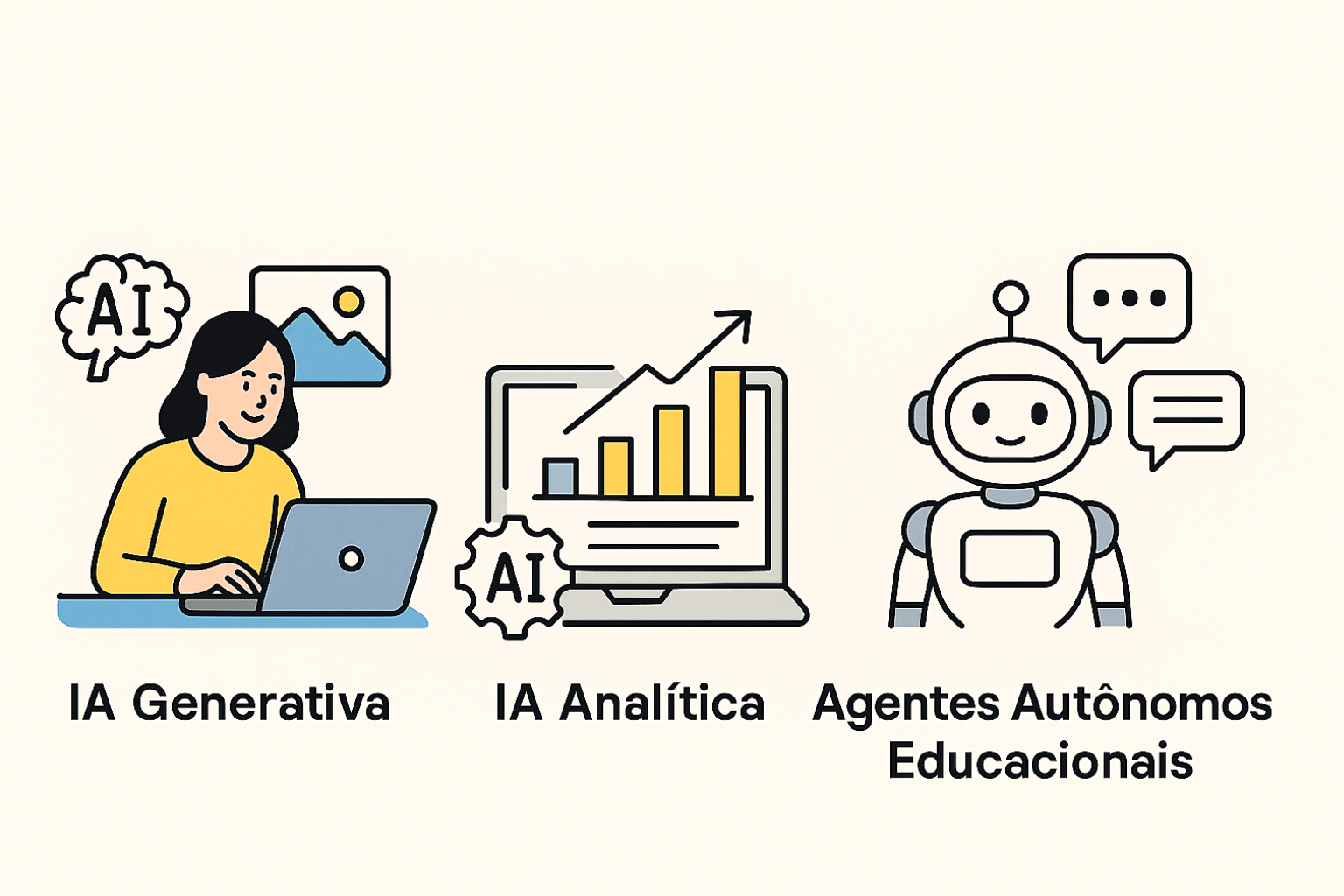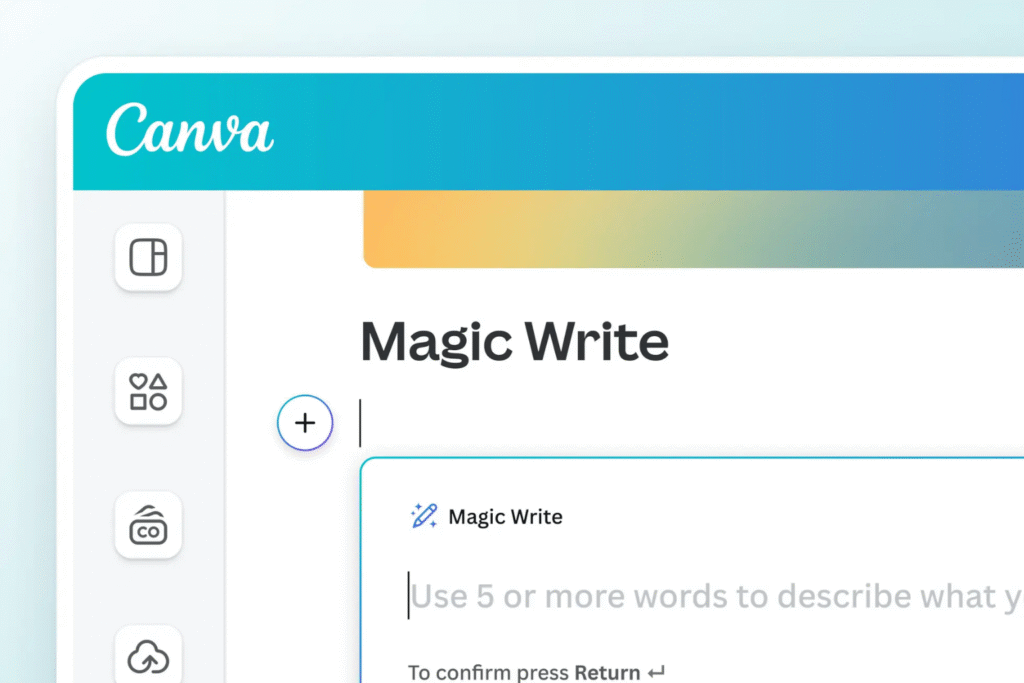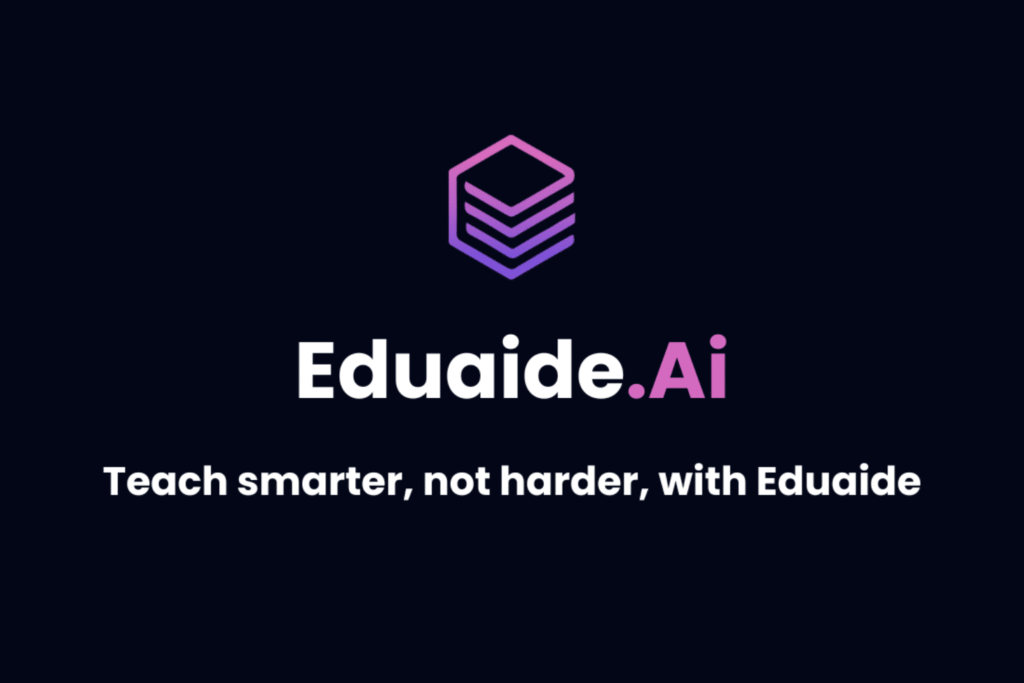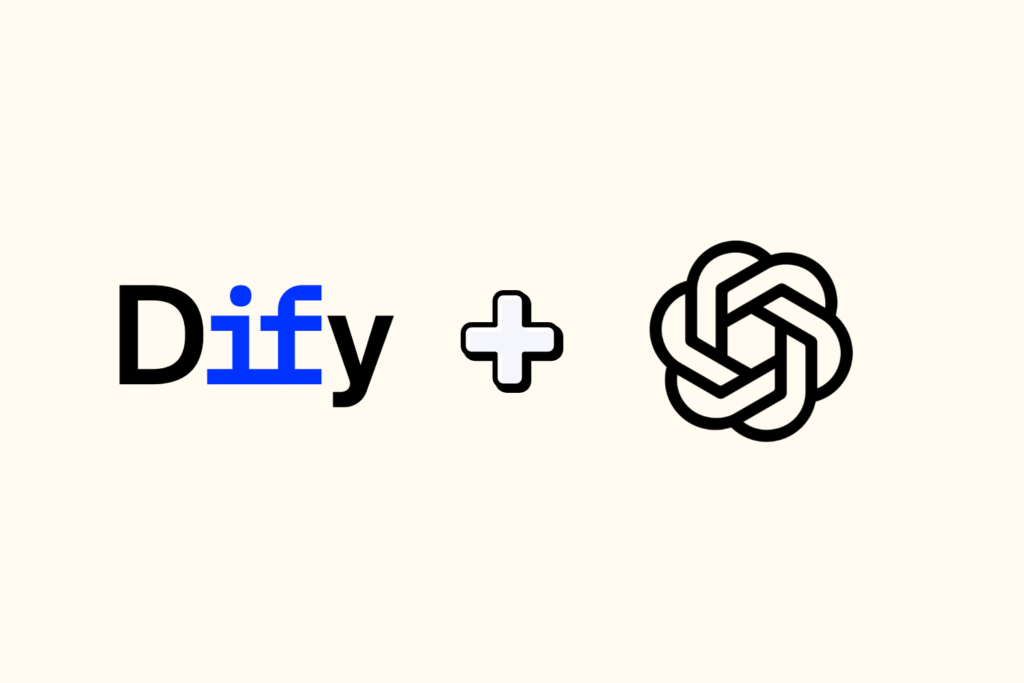The use of a AI agent for shopping is becoming a strategic necessity for e-commerce companies, purchasing managers and technology and innovation professionals.
This technology makes it possible to automate processes, reduce costs and improve strategic decisions in corporate acquisitions.
Want to understand in detail how these autonomous AI agents work in practice? Check out this detailed article from SAP, which provides concrete examples of how agents select suppliers and generate orders automatically: What are AI agents?.

What is an AI agent for shopping?
An AI agent for procurement is an advanced software designed to automate and optimize processes related to the procurement of goods and services.
It combines artificial intelligence, machine learning, and automation to perform tasks that would normally be done manually.
These agents can act as a virtual assistant for e-commerce, recommending products and facilitating recurring purchases.
Furthermore, they function as a AI chatbot for product recommendation, offering real-time support to managers and internal teams.
How does the application of AI in the purchasing process work?
The application of AI in purchasing mainly involves the automatic collection and analysis of large volumes of data, including purchasing history, supplier behavior, market prices and internal demands.
Want to better understand how these technologies help reduce costs and make more efficient decisions in practice? Check out real examples in IBM's detailed article on How AI optimizes processes in the purchasing sector.
Using this data, the agent suggests ideal suppliers, automatically negotiates better prices, and generates personalized recommendations for new purchases. In addition, it can anticipate future demands and avoid stock shortages, always maintaining ideal supply levels.

Advantages and benefits for companies
Implementing an AI agent brings measurable benefits to organizations:
Cost reduction
Companies report reductions of up to 25% in procurement-related operational costs after implementing intelligent agents. This is due to the automation of manual processes and improved negotiation capabilities through data analysis.
Increased productivity
Intelligent agents reduce time spent on repetitive tasks, allowing teams to focus on strategic activities, increasing productivity by up to 35%. See more details in the article Tips on the benefits of AI in Procurement.
Better strategic decisions
With AI technology to optimize purchasing decisions, companies can make more assertive decisions, based on predictive analysis and historical behavior.
Greater compliance
AI agents also help with compliance by ensuring that all acquisitions follow internal standards and policies, reducing audit risks and fines.
Practical examples and use cases
A retail chain adopted an AI agent to monitor inventory in real time, allowing them to predict demand more accurately. This reduced stockouts and saved thousands of dollars annually.
In the pharmaceutical sector, AI agents automate the renewal of contracts and recurring orders, speeding up administrative processes and reducing manual errors.
Another successful application is in large e-commerces, where agents act by automatically recommending products to customers based on history and preferences, boosting sales.
Want to see how companies like Zara and Coca-Cola are applying AI to their purchasing operations and achieving great results? Read this full report on the DataCamp blog.

Future trends and integration with other technologies
The future of AI agents for purchasing is highly integrated with other emerging technologies. They already connect to ERP systems, automation platforms such as n8n, Make and generative AI tools such as Dify.
The trend is for these agents to become increasingly personalized and autonomous, creating specific solutions for each company and sector.
This integration promises to make purchasing operations even more efficient and free of bottlenecks. Learn more about trends in Electronic Market.
AI Agent FAQs
How to use AI in the purchasing sector?
To use AI, simply implement an agent connected to the company's current systems, such as ERP and CRM, and allow it to learn from the data.
With this, it can automate purchases, manage suppliers and recommend strategic decisions automatically.
How much does an AI agent earn?
The term “AI agent” refers to the technology, not a specific professional. However, managers who operate these solutions can earn salaries ranging from R$14,000 to R$14,000, depending on their level of experience and responsibility.
What AI agents are there?
The main types are:
- Shopping: Automate tasks such as quotation, supplier selection, order generation and inventory control. These agents optimize time and reduce errors in purchasing decisions.
- Customer service: responsible for interacting with consumers via chat, voice or email, offering automated support, resolving queries and speeding up service based on the user's history and intention.
- Human Resources: They assist in processes such as CV screening, interview scheduling, performance analysis and organizational climate management, promoting greater agility and efficiency in the sector.
- Financial management: perform tasks such as bank reconciliation, cash flow forecasting, automatic expense classification and budget control, offering greater precision and agility in corporate finance management.
- Customer onboarding: They work on the automated reception of new customers, guiding them through initial processes, such as registration, account activation, explanations about products or services and integration with platforms, ensuring a fluid and fast experience from the first contact.
How much does an AI agent cost?
The cost of implementing an AI agent can vary significantly based on the complexity of the solution and the integrations required.
Popular SaaS platforms like IBM Watson or Pipefy offer plans starting at R$200 per user per month.
Highly customized projects, involving integrations with ERPs, CRMs and intensive use of generative AI, can easily exceed R$20 thousand per month.
If you want an economical and efficient alternative, consider investing in your own training.
NoCode Startup's specialized training teaches you how to develop your own AI agents to automate purchasing processes, customize flows and save money with tailored solutions. Find out how to become an AI Agent Manager here.
Why Your Business Needs an AI Agent Now
In a scenario where efficiency, speed and assertiveness are increasingly required in purchasing areas, having an AI agent is no longer a differentiator but has become a strategic pillar.
This technology transforms the way your company negotiates, anticipates demands and makes critical decisions.






























